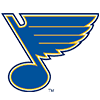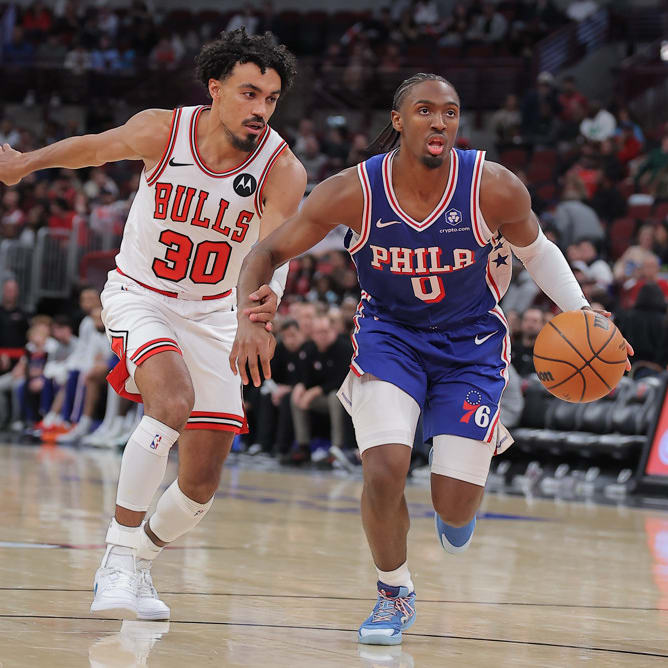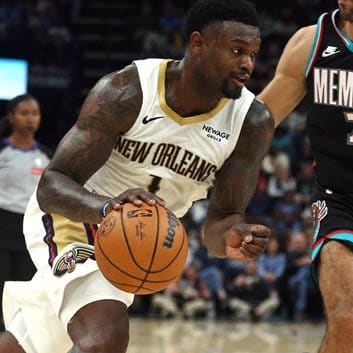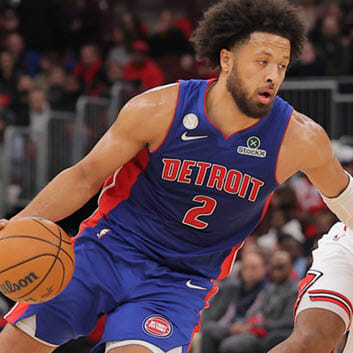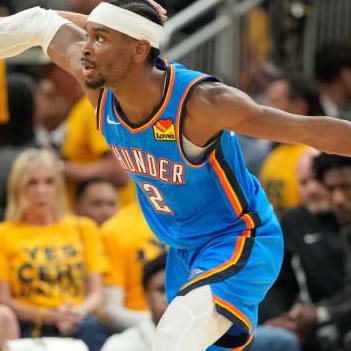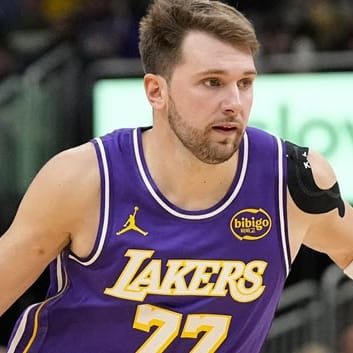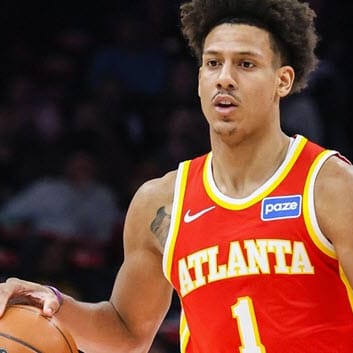Monkey Knife Fight is a prop- and parlay-based daily fantasy sports site that offers participants a unique way of "sweating" their favorite sporting events. Unlike conventional DFS sites, there is no salary cap to be concerned with and no other participants to compete against. Monkey Knife Fight contestants do not select a lineup of players, as is typically the case in traditional DFS contests.
Rather, each Monkey Knife Fight contest is based on real-world athletes from a given slate of games exceeding certain, predetermined statistical benchmarks. In certain contests, the athlete's performance in a certain category must exceed that of another pre-selected athlete in that same game. In others, the athlete is simply competing against a predetermined figure in a certain category (i.e., a specific number of points in an NBA game, a specific number of touchdowns in an NFL game, etc.).
As such, the success of each Monkey Knife Fight contest participant is fully dependent on the accuracy of their predictions, as opposed to their performance against other fellow players. Monkey Knife Fight offers a wide variety of contests for each of the sports it covers (currently NFL, NBA, MLB, NHL, Soccer, and Golf). Among the most popular are Over/Under and Rapid Fire, which we will cover regularly in this column.
In Over/Under contests, participants win when they correctly predict if a certain number of pre-selected athletes will surpass a specified statistical milestone in that day's game. In Rapid Fire, participants attempt to predict the winner of site-determined head-to-head matchups between athletes in a certain statistical category for that day's game. In Rapid Fire contests, certain athletes that are considered the "underdog" in the statistical matchup may be afforded an extra built-in value boost. That is denoted by a "+" symbol and the specific additional amount -- both displayed in green -- that the athlete will be awarded above the total they actually accrue in that category during their game.
One additional aspect of contest logistics that's particular to Monkey Knife Fight is payout structure. For each contest, participants select from a wide variety of buy-in amounts, which are revealed once they make their athlete selections for that particular contest. If a participant wins their contest, their payout is based on that buy-in amount and the preset multiplier the contest featured. The latter figure varies depending on the contest difficulty. For example, a Rapid Fire contest requiring only two correct predictions carries a 2.36x multiplier on the buy-in, while one requiring five correct predictions features a 17x multiplier.
NBA Finals Game 6 - Scoring Champ and Over/Under Predictions
Scoring Champ (Goal: Players must score over 83.5 combined points to cash 2x buy-in)
Buy-in Amounts: $2-$100
If there's one constant with Leonard, it's that he seems to get to an above-average scoring total irrespective of how sharp he might be in any given game. The All-Star wing displayed his knack for staying with it even when the shots aren't consistently falling in Game 5, as he finished with 26 points despite a 9-for-24 tally from the field. Leonard typically goes to the free-throw line enough to help him offset any struggles, and he's also been very efficient at Oracle Arena thus far (20-for-39 combined in Games 3 and 4). Given his elevated usage, his 29.8 points per game average in the Finals and his propensity for drawing plenty of contact when he drives into the paint, I see Leonard doing more than his fair share to help this trio eclipse the 83.5-point mark.
Curry is another player for which usage and opportunity is abundant. The sharpshooter is averaging 32.4 points on 22.2 attempts per contest over the first five games of the Finals. Kevin Durant's (Achilles) ongoing absence naturally continues to be a boon for Curry's production, and that should be as evident as ever in Thursday's contest on his home floor. Like Leonard, Curry has had a couple of sub-par shooting efforts in this series, but he also finds a way to get to a strong point total by maximizing his free-throw opportunities (average of 10.2 per game in the Finals). He already put up a 47-spot in Game 3 on his home floor, and although that may be too ambitious a number with Klay Thompson available Thursday (unlike in that contest), Curry undoubtedly has a high probability of a 30-point effort given the do-or-die circumstances at play.
Thompson's outstanding shooting has almost gone under the radar during a series when so much focus has been on Leonard's play and Durant's injuries. All Thompson has done is average 25.0 points on 52.5 percent shooting, including 57.6 percent from three-point range, in the four games he's suited up for. Thompson has played in eight of the nine full games that Durant has missed to date this postseason and has averaged 19.9 shot attempts in those contests. Plus, Thompson put up 21 in Monday's Game 5 despite Durant logging 12 minutes before his injury. What's more, Thompson has scored 24 or more points in six of those contests overall, including a pair of 26-point tallies and one 28-point haul. While he may ultimately fall just a bit under Curry and Leonard in scoring during Game 6, Thompson certainly has the upside to finish vaulting the trio over the 83.5-point mark.
Rapid Fire (Pick 2 of 3 correctly to get 1.59x your buy-in)
Buy-in Amounts: $2-$100
Most Points: Stephen Curry vs. Kawhi Leonard (+3.5)
The Pick: Leonard
The two superstars have engaged in a fascinating statistical battle throughout the Finals, with each looking human at times but still putting together some excellent scoring performances overall. Curry's got Leonard by a small margin in terms of scoring average for the series, with the former tallying 32.4 points per contest and Leonard checking in with 29.8 points per game. However, it's worth noting Curry's average is spiked by his 47-point effort in Game 3, a contest he played without Kevin Durant or Klay Thompson due to their respective calf and hamstring injuries at the time. With Thompson alongside him in the backcourt, Curry has topped out at 34 points versus the Raptors. Meanwhile, Leonard scored 34 and 30 points in Games 3 and 4 at Oracle and is likely to take on even more responsibility than usual Thursday with Toronto doing everything it can to prevent a Game 7. Considering he also has a built-in 3.5-point edge, I give Leonard the nod in this battle.
Most Rebounds: Draymond Green vs. Pascal Siakam (+2.5)
The Pick: Siakam
The two big men have been active on the boards during the series, but Green has the edge in consistency. Siakam's rebounds have been down to six and four, respectively, over the last two games, after he brought down either eight or nine in each of Games 1-3. Meanwhile, Green has no fewer than seven boards in any of the first five Finals tilts, and a trio of 10-rebound tallies as well. And, while he's been much more prone to foul trouble, Green has also played an average of 40.8 minutes to Siakam's 39.0. In Durant's absence this postseason, Green has recorded double-digit boards in seven of the nine full games his All-Star teammate has missed, as well as 10 rebounds in Game 5 on Monday when Durant played just 12 minutes. However, Siakam's built-in 2.5-rebound edge makes the difference for me here, as I look for the young big to focus on being more of a presence down low following his two average efforts in Games 4 and 5. In a tight battle, I see Siakam just edging Green with the help of the extra 2.5.
Most Assists: Kyle Lowry vs. Fred VanVleet (+2.5)
The Pick: Lowry
The Raptors' point guard duo has been solid throughout the series, but Lowry has been the more consistently prolific facilitator. The veteran has between six and nine assists in four of the first five Finals games, while VanVleet has only exceeded two assists on one occasion during that same span. It certainly helps that Lowry shares the floor with a pair of talented scorers in Leonard and Siakam, as well as Marc Gasol. Lowry has found success feeding all three, and he also is naturally outpacing VanVleet in minutes at a rate of just over five per game during the series. As such, even with VanVleet's 2.5-assist boost, I still see Lowry as being the beneficiary of more opportunity and thus outproducing his teammate in dimes during Game 6.



















